A new poll from the Wall Street Journal found that a majority 61 percent of Americans don’t like electric vehicles.
The poll provides insight into American consumers by asking respondents to list the reasons that they dislike EVs and the answers can help explain why the once enthusiastic customer base has recently been cooling off.
EV Market Struggles

Recently the EV market in the United States and even more successful EV regions like China have encountered bumps in the road. In Q1 earnings reports, EV giant Tesla and China competitor BYD both had a decline in performance.
The initial excitement around EV vehicles in the US has slowed down as people become more familiar with the many concerns and disadvantages that come with them.
Wall Street Journal EV Poll

The Wall Street Journal Poll asked 864 respondents to list reasons why they aren’t fans of electric vehicles.
Respondents listed a variety of reasons from cost, to safety concerns, to mileage range and more. Dealers and EV companies like Tesla have tried their best to address concerns, including huge price drops, but nothing has worked thus far.
Cost of EVs
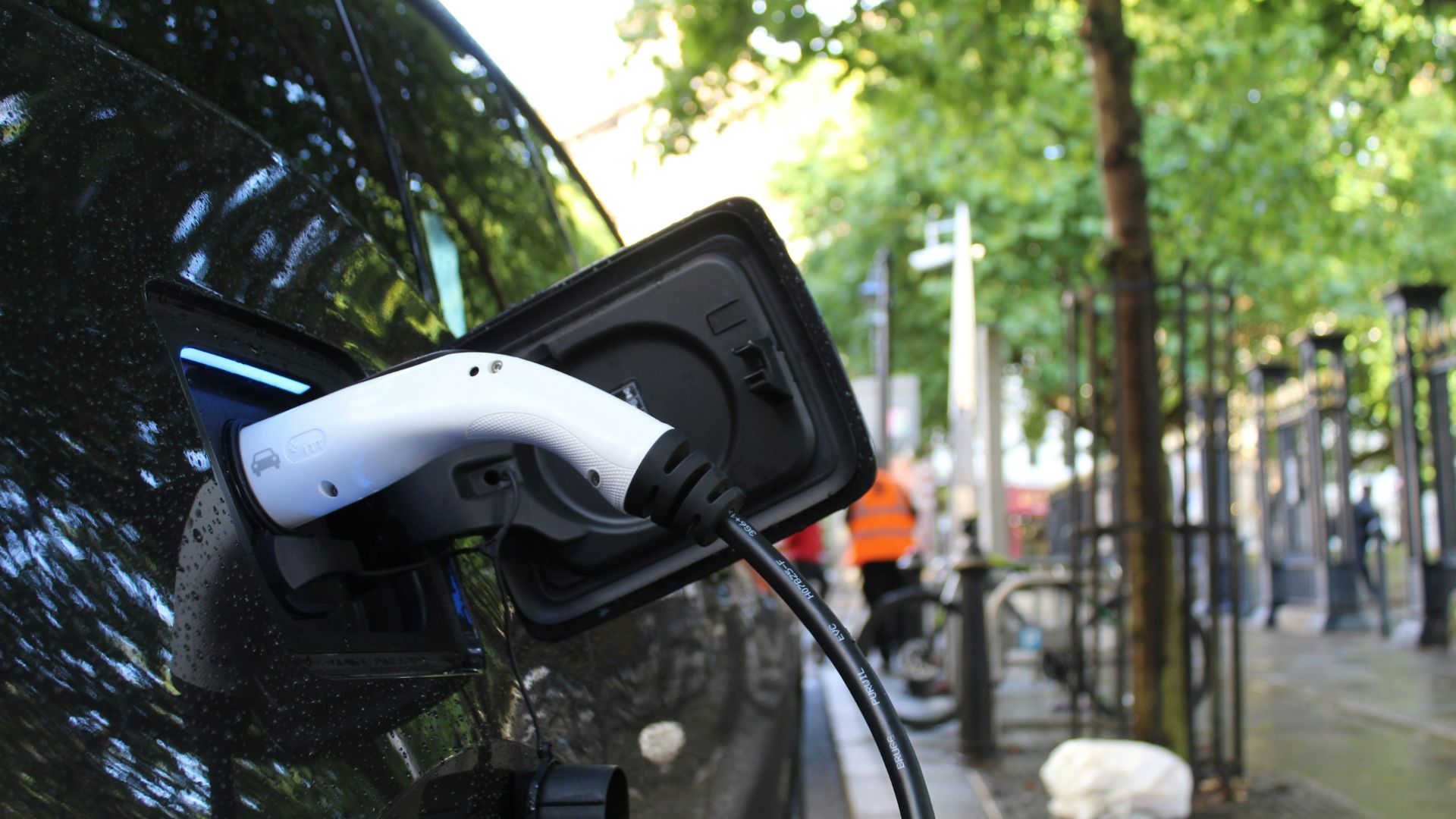
As one might have guessed the reason that ranked the highest among poll respondents is cost. 72% of respondents listed cost as a major reason, with 17% saying it was a minor reason and 11% saying it was not a reason.
A survey by ISeeCars.com found that electric vehicles cost 63.6 percent more than gas-powered ones for every 1000 miles driven.
Charging Station Availability
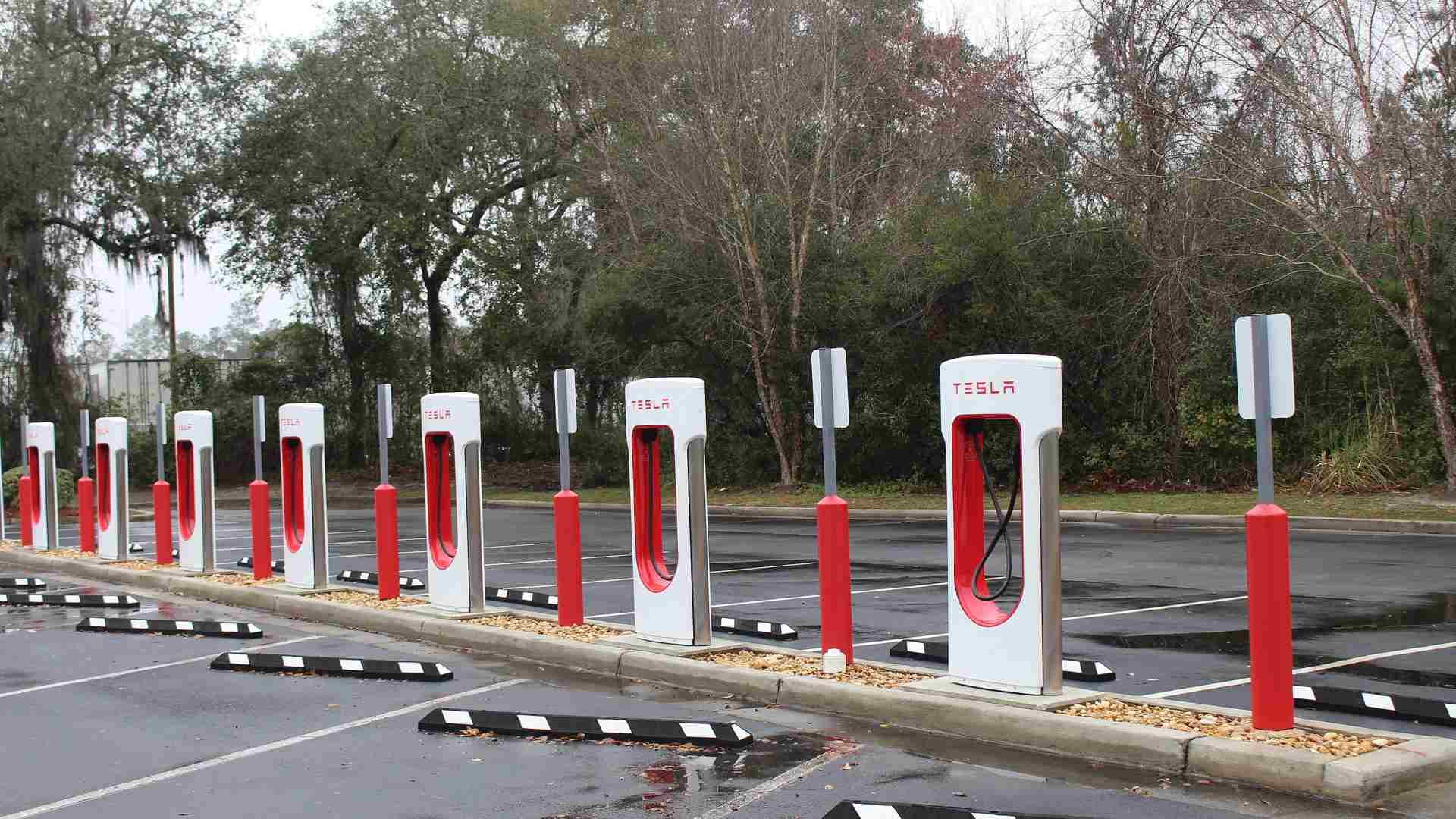
The second top reason with 65% of respondents is that there are not enough charging stations available. This has been a longtime issue with EVs and severely limits their practicality in places where charging stations are sparse.
Even places like California have just reached a milestone of having 1 fast-charging station for every 5 gas stations.
Reliability Factor
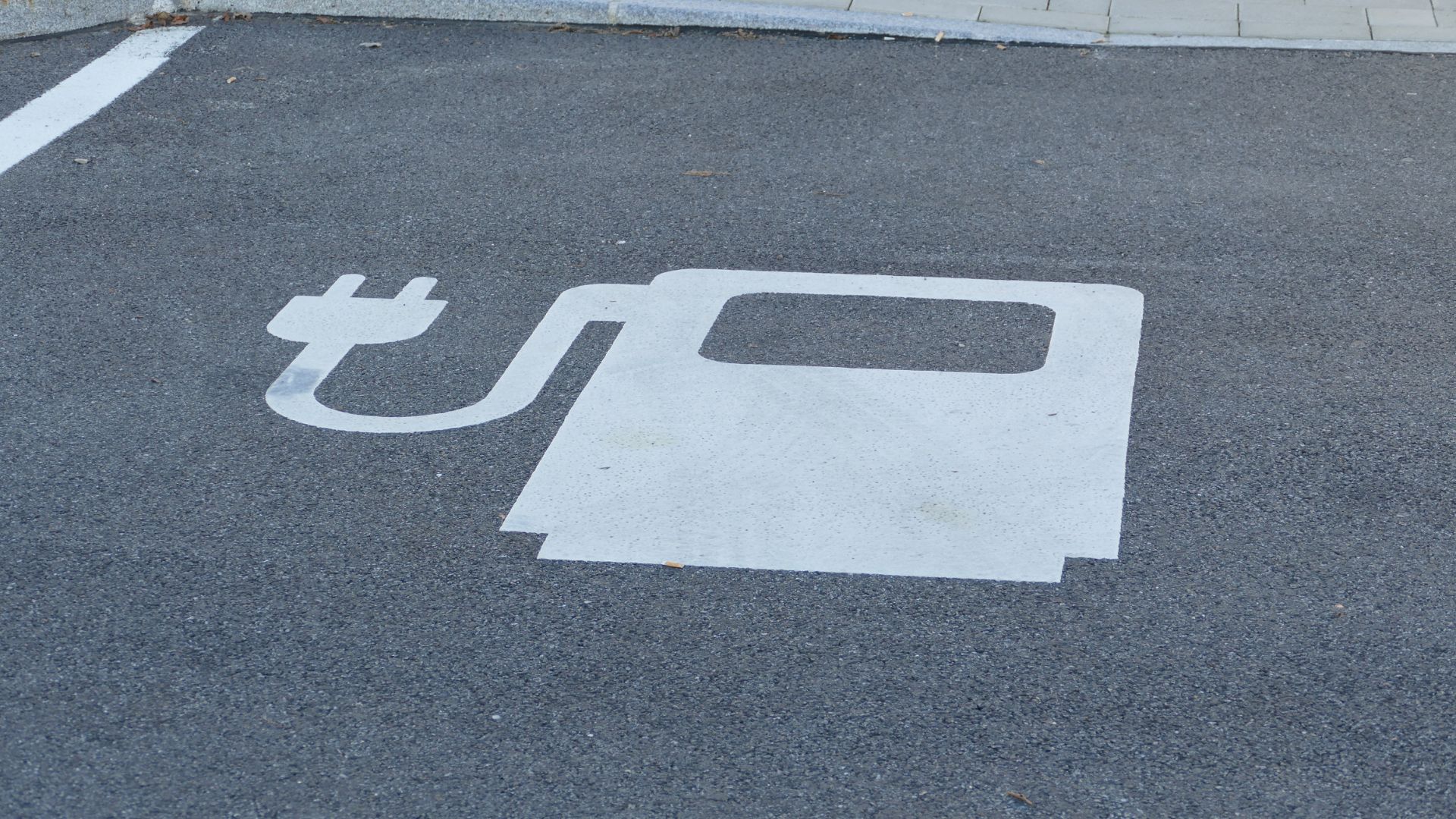
Coming in third as a major reason for people to dislike EVs is the perception that EVs are not as reliable as gas-powered vehicles at 64% of respondents.
A Consumer Reports survey from last year confirms this suspicion, finding that EVs are 79 percent more likely to have problems than conventional vehicles.
Limited Range

The next reason at 63% of respondents’ major reasons is the feeling that EV ranges are too limited.
A Department of Energy report from 2022 found that all-electric vehicles only had about 60% of the median driving range that gas-powered vehicles have. However, this is the average, and EV performance can vary based on battery capacity and motor efficiency. Mileage will also vary depending on driving conditions.
Performance Problems
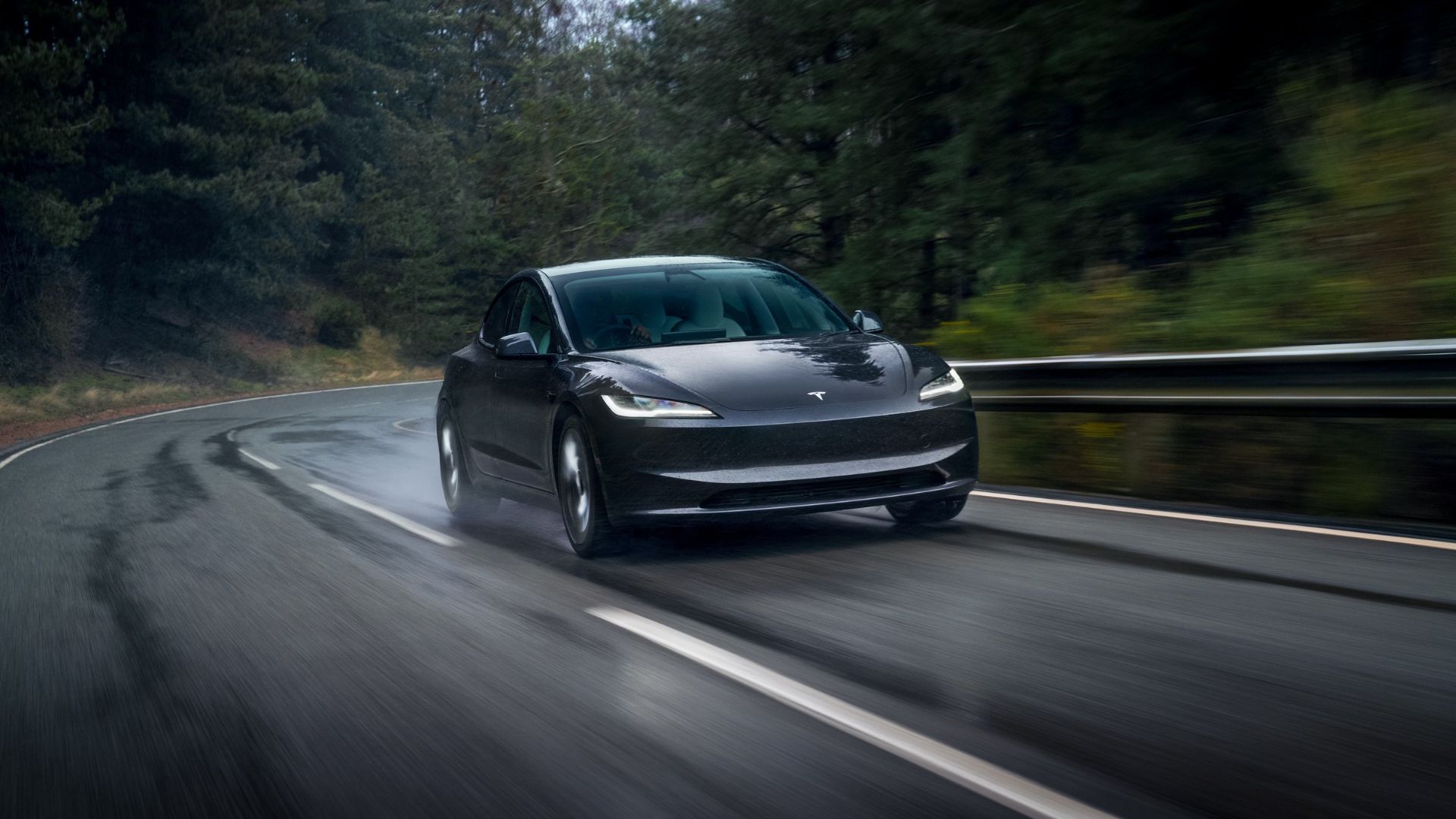
57% of respondents who have an unfavorable view of EVs said that they think EVs don’t perform as well as gas-powered vehicles.
While EVs can take the edge on acceleration over a gas-powered vehicle, they often lag behind when it comes to speed. However, EVs have enough speed to be suitable for practical use.
Safety Concerns
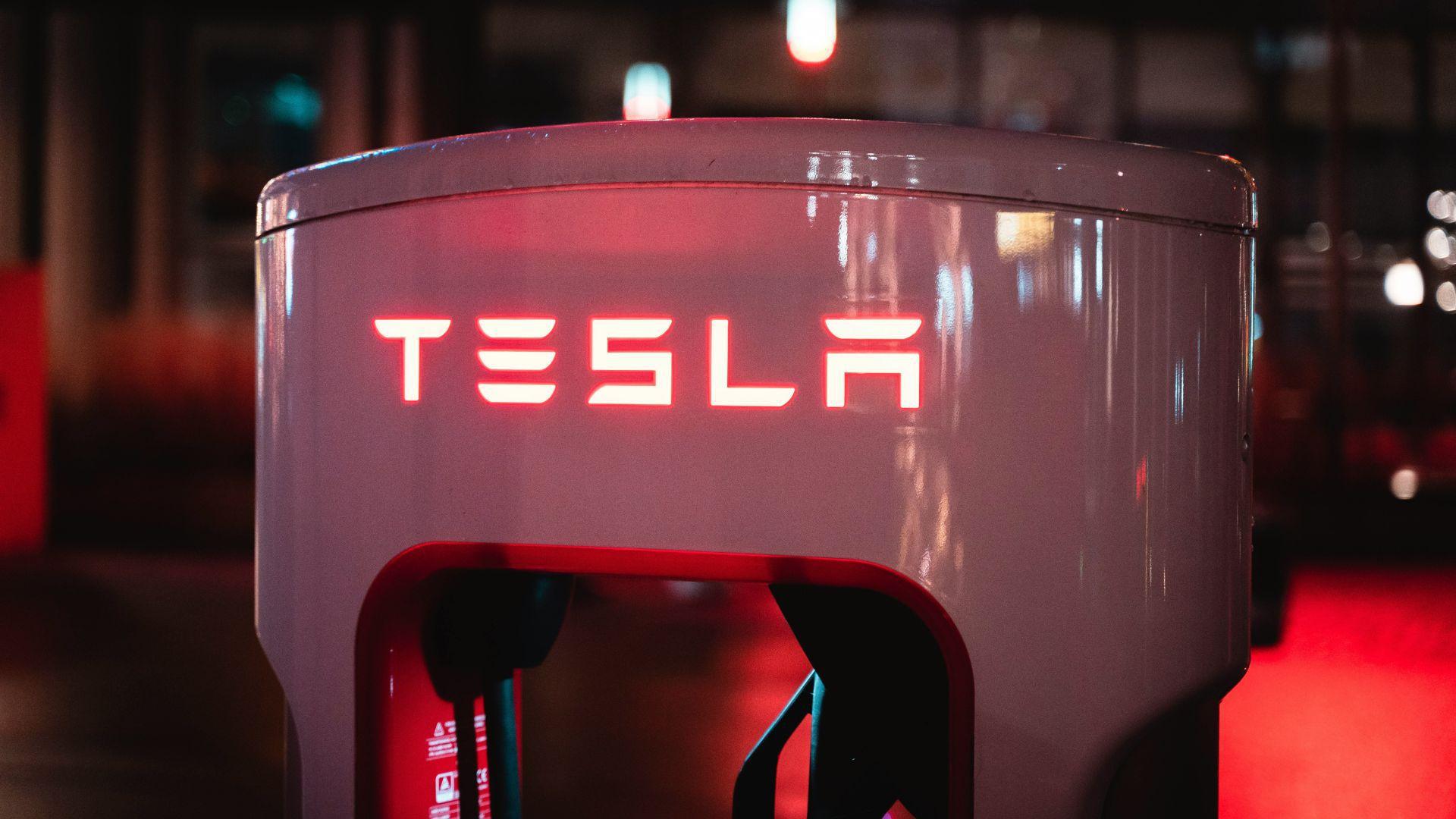
Reason #6 at 46% of respondents was the belief that EVs are not as safe as gas-powered vehicles.
Looking at the data, EVs are just as safe as gas vehicles if not better in some ways. A study in January found that EVs are much less likely to catch fire than gas vehicles at only 25 fires per 100k vehicles sold.
Chinese Materials

The next top reason from 36% of respondents was a concern that the materials EVs are made from come from China. The competition from China is a political concern among Americans.
This month, President Biden announced a quadruple tariff on Chinese EV imports, and several politicians have called for a ban on the sale of Chinese EVs entirely.
Political Views

The next two reasons are that people aren’t concerned about climate change and that EVs go against someone’s political views. EVs are often a flashpoint in a culture war fight between political groups who argue over the course of action to take over climate change and global warming.
For some, EVs have become a symbol of an aggressive climate agenda that they would rather avoid altogether.
Model Availability
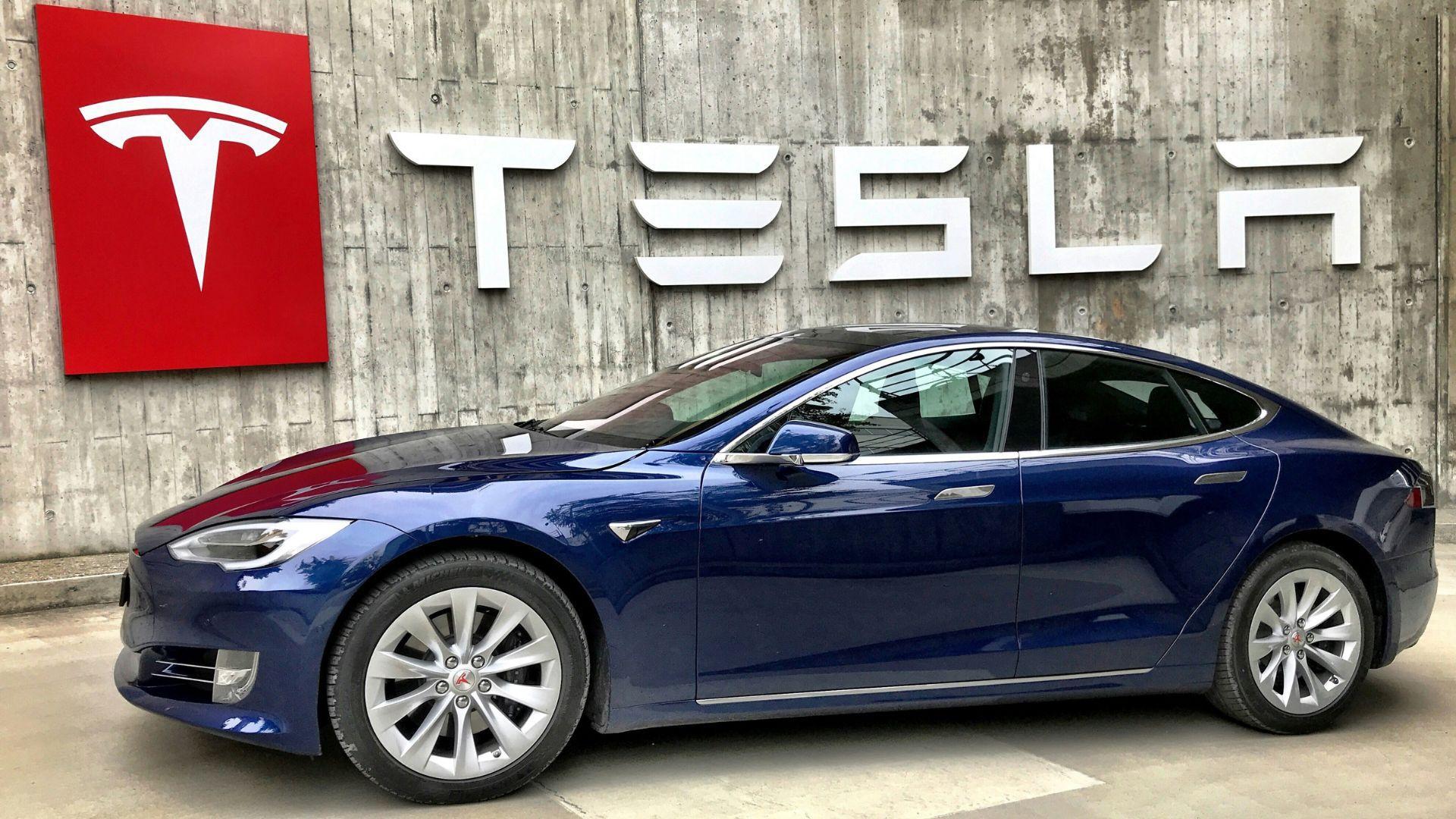
Reason number 10 in the survey at 15% of respondents is that the type of model that the person wanted isn’t always on offer. Not every model of electric vehicle is sold in every US state.
One issue with EVs is that companies build what are called “compliance cars” to adhere to industry standards. However, because of the specifications, these EVs are often not offered in body styles that people want or can be quickly discontinued at the manufacturer’s whim.
